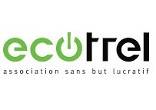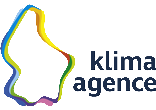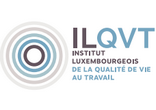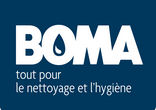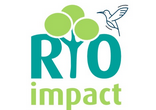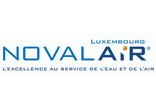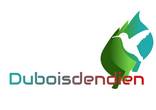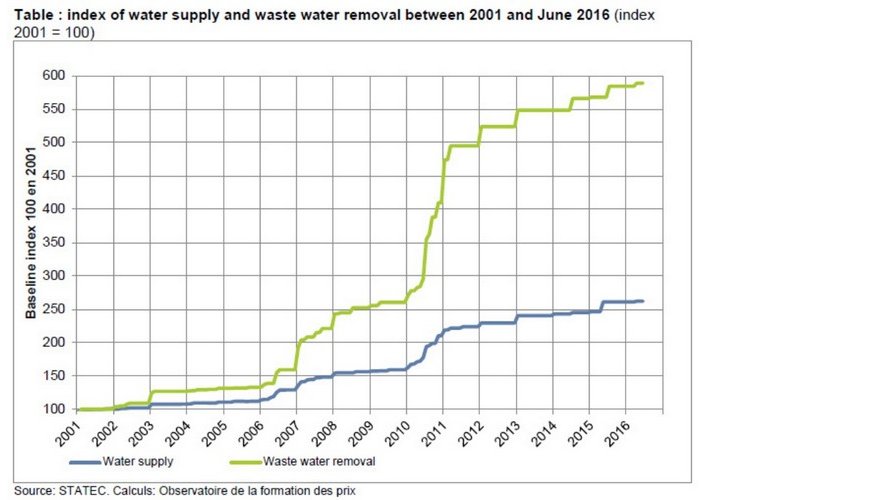
Water pricing in Luxembourg - What you should know
During the last ten years water supply prices but especially water removal prices have doubled, tripled or even more in some municipalities as the graph above shows visualise the facts.
Water and wastewater tariffs determine the level of revenues that service providers receive from users for the catchment, purification and distribution of freshwater, and the subsequent collection, treatment and discharge of wastewater. Water pricing, when well structured, is a strong economic instrument for improving water use efficiency, enhancing social equity and securing the financial sustainability of water utilities and operators.
Of course the access to safe drinking water and sanitation is a human right : in July 2010, the UN general assembly proclaimed that. right. By the way, Luxembourg abstained as did 40 other states, well industrialised countries like the United States of America, Great Britain, Australia, Austria and Canada. There is no ‘right to water and sanitation’ in an international legal sense as described by this resolution and the resolution is non-binding.
On the other hand, water and sanitation are also economic goods. Article 9 : of the water framework directive (WFD, 2000/60/EC, http://ec.europa.eu/environment/water/water-framework/index_en.html) deals about the recovery of costs for water services. It says that Member States shall take account of the principle of recovery of the costs of water services and they shall ensure by 2010 an adequate contribution of the different water uses, disaggregated into at least industry, households and agriculture, to the recovery of the costs of water services. It was a very long way for Luxembourg to be compliant : in May 2006 Luxembourg has been hauled over the legal coals for failing to properly implement the European Commission’s water framework directive. Finally and after years of controversial discussions the legal proceeding ended when the national parliament voted but not unanimously the national water act (December 2008, http://www.eau.public.lu/legislation/Loi_eau.pdf).
The composition of the price of water is defined in the law of 19 December 2008 on water :
- A drinking water fee (§13)
- A wastewater fee (§14)
- A water withdrawal tax (§15)
- A water discharge tax (§16)
And the full cost of services related to water services, include therefore
- Costs for resources (water withdrawal tax fixed at 0.10 Euro/m3)
- Costs for the environment (water discharge tax fixed at 0,16 Euro/m3)
- Operating costs (operating and maintenance costs included in the regular budget)
- Treatment of past financial costs of major infrastructural investments
The first step was to calculate the financial costs of water services according to national standardized technical data sheets elaborated by the national water agency. This economic analysis based on a guidance document referred to as the ‘WATECO’ guidance must contain enough information in sufficient detail in order to make the relevant calculations necessary for taking into account under Article 9 the principle of recovery of the costs of water services, taking account of long term forecasts of supply and demand for water.
In March 2011, the national authorities presented a representative result of water cost accros the country. Even if not all of the technical services of the municipalities returned the data sheets, the data collection revealed a clear information : costs per cubic meter water are high, very high compared to the neighbor foreign regions with recovery rates of 100% for the municipalities. For a sixth of the population, the costs per cubic meter water are above 7,00 Euro. This means that a family with two kids will pay around 1.200 Euro per year for water bills. An outcry echoed from political parties and appeasement measures were taken into account to dump the real water prices. The recovery rate equation was rebranded and the „small small world“ in Luxembourg was fine again. And nobody feels concerned about the consequences.
Follow Wantz-consulting on linkedin.com/in/wantzconsulting and stay connected to water politics in Luxembourg.
Communiqué par Waasser Consulting

